
Proven Benefits of Watermelon and Watermelon Juice Including Nutrition Facts (Science Based)
Watermelon is a tasty juicy summer fruit that is packed with vitamins, minerals, fiber, and nutrients. Consuming watermelon is a great way to lose weight because it is low in sugar, high in fiber, and is about 90% water. Watermelon chunks also have anti-inflammatory properties that help keep your heart healthy, lower blood pressure, and are good for diabetes.
The benefits of eating watermelon are not just confined to its juicy red flesh. Watermelon seeds are also edible and are a rich source of minerals such as magnesium, iron, and healthy fatty acids. There is also evidence that watermelon rind has some health benefits. The edible rind of watermelon contains amino acids that have been linked to improved male sexual health.
In this article, you will learn about the many science based reasons why eating watermelon, watermelon seeds, and even watermelon rind is good for you. You will also find out how scientific research backs up the many health benefits of eating watermelon.
What is Watermelon
Watermelon (botanical name Citrullus lanatus) is a fruit that grows on a vine on the ground. Watermelons come from hot countries in Africa and also grow in Southern Europe, South America, the United States, and the Far East.
Research into this delicious edible fruit has found that watermelon has a rich nutritional profile with many health benefits. Watermelon is a good source of vitamin C, vitamin A, B-group vitamins, and an important antioxidant called lycopene.
Every part of the watermelon has proven benefits to your health. Watermelon juice is a good way to re-hydrate after a strenuous workout. Edible watermelon seeds are a good source of fiber, minerals, and unsaturated fatty acids. Even the rind of watermelon has benefits for men because of the compound citrulline.
Usually, you can tell if a watermelon is ripe because it should be relatively heavy and have a yellow patch on one part of it. To find out if a watermelon is good and juicy you should knock the thick skin and listen for a hollow sound. This indicates that the delicious fruit is full of juice.
Watermelon Nutrition
Watermelon is a healthy fruit that has rich nutritional value. The benefits of consuming large servings of watermelon are that they have few calories and are packed with nutrients.
Watermelon is not fattening if you consume it in moderate quantities. 100 g of watermelon only contains 30 calories. According to data provided by the United States Department of Agriculture, there are just 45 calories in a one-cup serving of diced watermelon. Even a large serving of watermelon (280 g) only has 84 calories.
Like with other fruits, watermelon contains sugar. Some people wanting to lose weight worry about watermelon’s sugar content. One cup of watermelon (152 g) contains 9.4 g of sugar, most of which is fructose.
However, when compared to other fruits, watermelon still ranks as one of the fruits with the lowest sugar content. For example, gram for gram, 100 g of watermelon has 6 grams less sugar than an apple. So, this makes watermelon one of the best fruits for weight loss.
Although it may seem that watermelon is high in sugar, it is good to remember that watermelon is not fattening because it is low in calories.
A wedge of watermelon (286 g) contains 21 g of carbs. However, watermelon has a low glycemic load and one wedge of red watermelon has a glycemic load of only 6.
100 g of watermelon also contains 0.4 g of fiber, 0.61 g of protein, 1 mg of sodium, and 8.1 mg of vitamin C.
Eating watermelon in the summer is also good for strengthening your immune system, getting healthy-looking skin, and strengthening bones. For example, a large portion of watermelon contains 32 mg of vitamin C which is 40% of your recommended daily intake (RDI). The same amount of watermelon fruit contains 1627 IU of vitamin A which is 33% of your RDI.
Watermelon slices also contain trace amounts of B-group vitamins together with minerals such as potassium, magnesium, copper, calcium, and iron. In fact, a wedge of watermelon contains 28.6 mg of magnesium (7% RDI) and 31.5 mg of potassium (9% RDI). So, as well as giving you energy, the minerals in watermelon are good for your cardiovascular and bone health.
Watermelon is not acidic. Watermelon and watermelon juice are alkaline because watermelon has a high pH level.
Watermelon is good for you because it contains lycopene
Research into the nutritional benefits of watermelon has revealed that it also contains a powerful phytochemical called lycopene.
High levels of the antioxidant lycopene in watermelon mean that this fruit has many health benefits. 100 grams of watermelon contains 4532 mcg lycopene which, gram for gram, is 40% more lycopene than is found in tomatoes.
Some of the benefits of lycopene in watermelon include helping to prevent cancer, improve cardiac health, boost skin health, and reduce your risk of chronic disease.
Eating watermelon also has many benefits for men. There is some evidence that lycopene benefits male sexual health, reduces the risk of cardiovascular disease, and lowers blood pressure.
The fact that watermelon is a rich source of lycopene and beta-carotene is a great reason to consume watermelon juice whenever you can.
Watermelon also contains the amino acid citrulline
Citrulline is an amino acid that helps to produce the essential amino acid L-arginine. Research has shown that citrulline is found in watermelon rind along with vitamin C and other antioxidants.
This amino acid, citrulline, helps increase the amount of nitric oxide in your blood which relaxes arteries and increases blood flow. There is some evidence that citrulline in watermelon can help lower blood pressure in prehypertension patients.
Due to its excellent nutritional value, watermelon has been called a natural Viagra. Citrulline supplements are sometimes used to resolve mild cases of erectile dysfunction in men.
You could try adding the rind of watermelon to your favorite smoothies to increase their nutritional value and enjoy the benefits of watermelon rind.
Watermelon is packed full of antioxidants
The rich nutritional content of watermelon means that consuming watermelon can help to boost antioxidant levels in your body.
Scientific research has found that nutrients in watermelon such as vitamin A, vitamin C, lycopene, and L-citrulline are important to reduce the effects of oxidative stress and boost your immune system.
Why Watermelon Is Good for You: Proven Benefits of Watermelon
Let’s look in more detail at the many reasons to consume more watermelon and add crunchy watermelon seeds to your daily diet.
Watermelon for Weight Loss
Watermelon is a sweet-tasting fruit that is low in calories with virtually no fat and is great if you want to lose weight.
The reason why watermelon is good for losing weight is that its high-water content makes you feel fuller. Watermelon contains around 90% water but is rich in vitamins and nutrients.
Increasing hydration by consuming watermelon can be a tasty way to help you lose weight. The journal Frontiers in Nutrition reported that increasing fluid intake assists with weight loss. Scientists found that hydration boosts metabolism and helps lose weight quicker.
For example, eating 2 large wedges of watermelon will give you the equivalent of drinking 500 ml (16 fl. oz.) of water. This extra-large portion of watermelon only has 170 calories and helps you meet nearly 80% of your daily vitamin C requirements.
Consuming watermelon while on a weight-reducing diet is also good if you have a sweet tooth. A cup of watermelon chunks does contain just over 9 grams of sugar but only 45 calories. This small serving of watermelon only has 0.2 grams of fat, no cholesterol, and just a little bit of fiber.
So, watermelon can support weight loss because it is packed with nutrients but is naturally low in calories.
Find out how a tasty citrus fruit like lemons can help you lose weight and help strengthen your immune system at the same time.
News in the same category

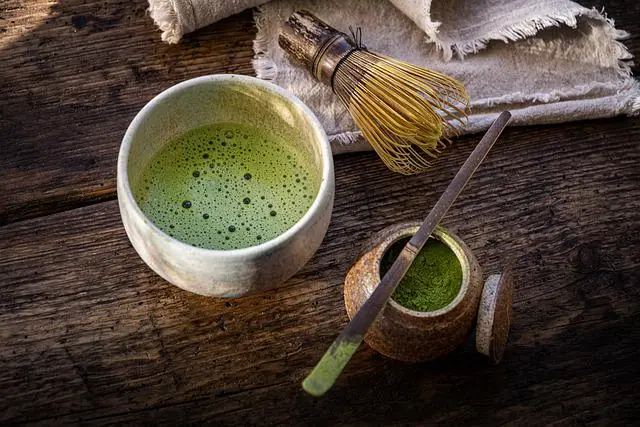
Proven Health Benefits of Matcha Green Tea: Weight Loss, Cancer and More (Evidence Based)

Waking Up with Numb or Tingling Hands: What It Really Means (Science Based)

Thyroid Gland: How to Balance Its Hormones

Gluten Intolerance Warning: Eczema and Other Hidden Signs Revealed

Your Body Is Begging You to Notice These High Blood Sugar Warnings
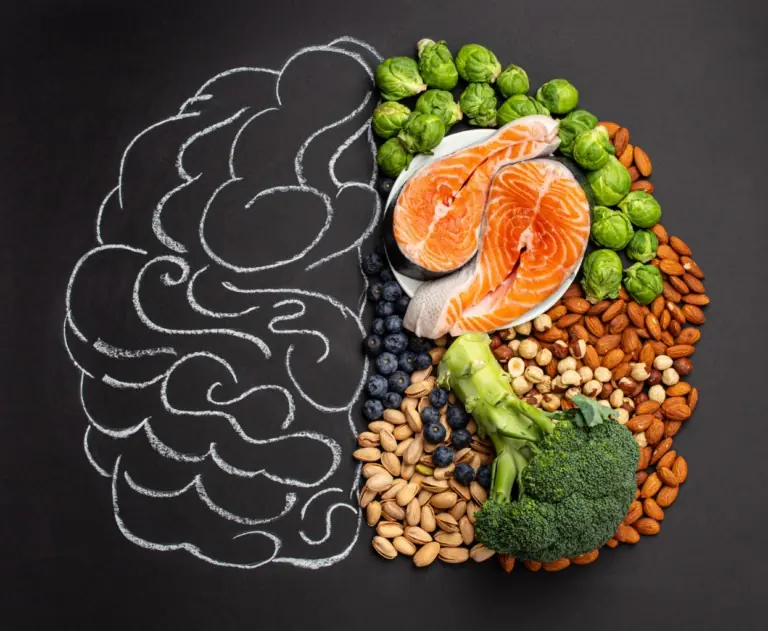
Research Reveals 12 Powerful Foods to Boost Your Brain, Improve Memory, and Make You Smarter
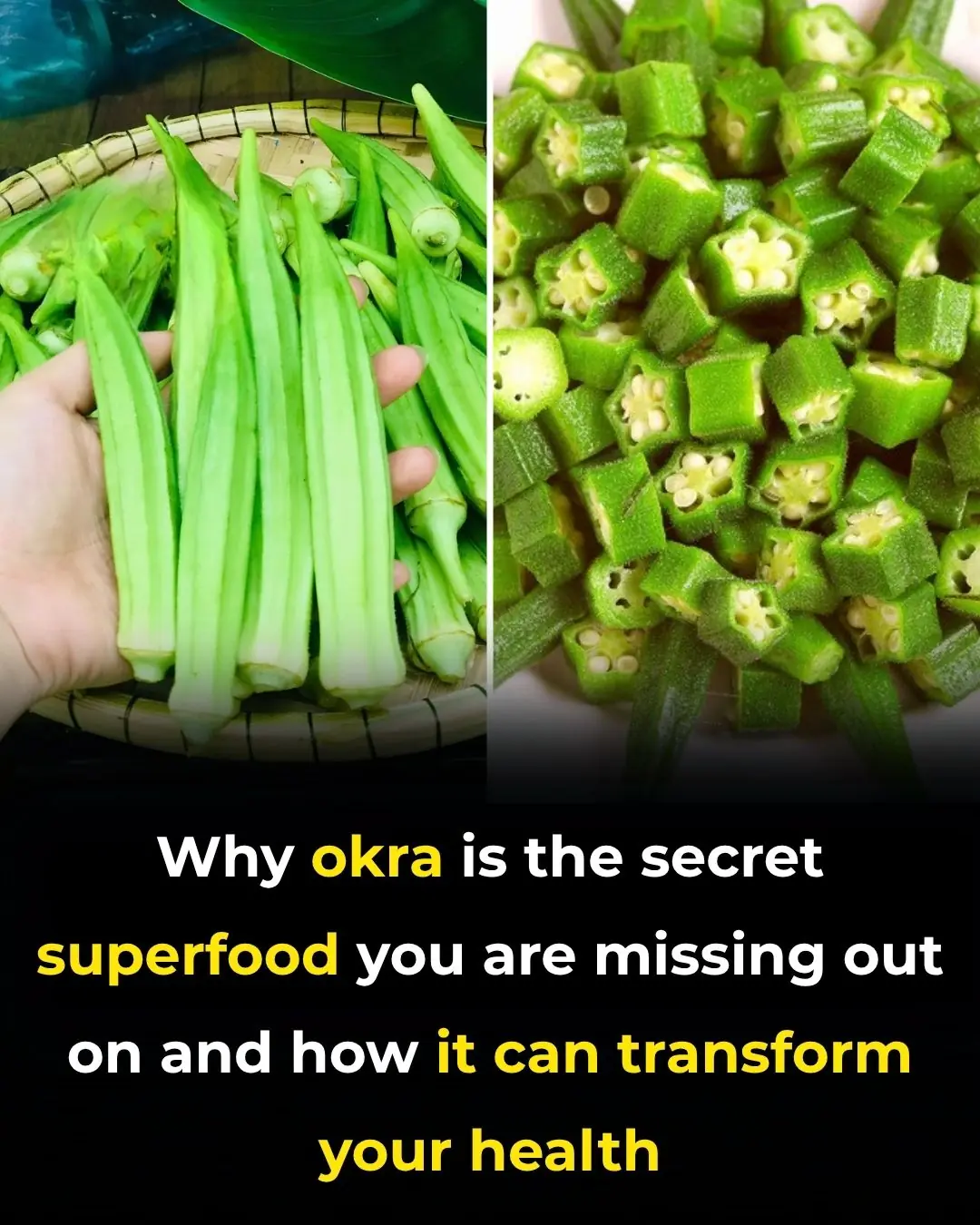
Proven Health Benefits of Okra That Are Based On Science (Including Nutrition Facts)

What Causes a Heart Attack? 13 Health Conditions to Watch For
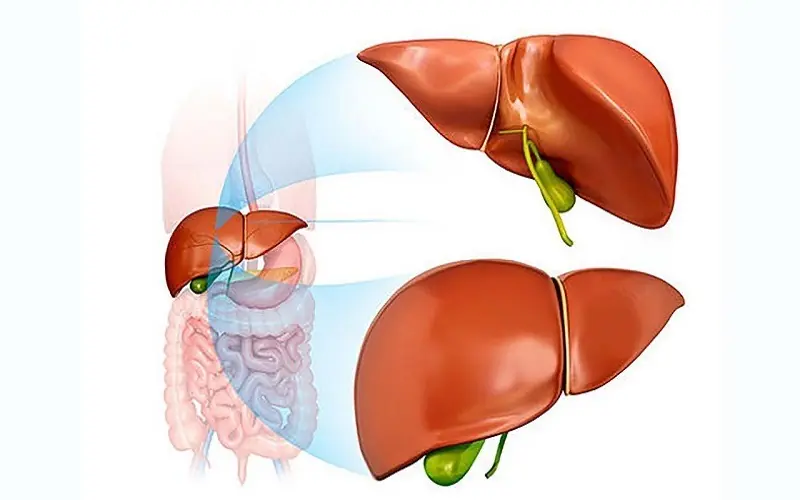
10 Proven Foods to Stimulate Your Liver and Remove Toxins Fast
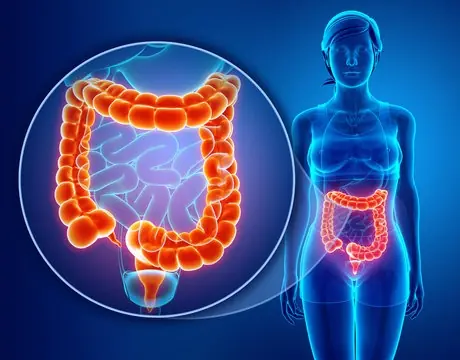
Scientists Reveal How to Cleanse Your Colon Fast Using Just 2 Simple Ingredients

Doctors Urge: Stop Eating These 6 Foods That Fuel Cancer Growth

Sleeping Naked: 8 Surprising Benefits

8 Habits That Could Damage Your Brain (According to Research)
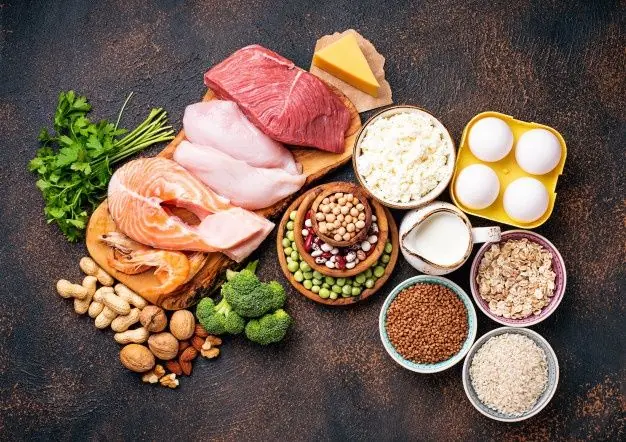
What Causes Belly Fat: Foods that Cause Belly Fat and Other Causes of Belly Fat
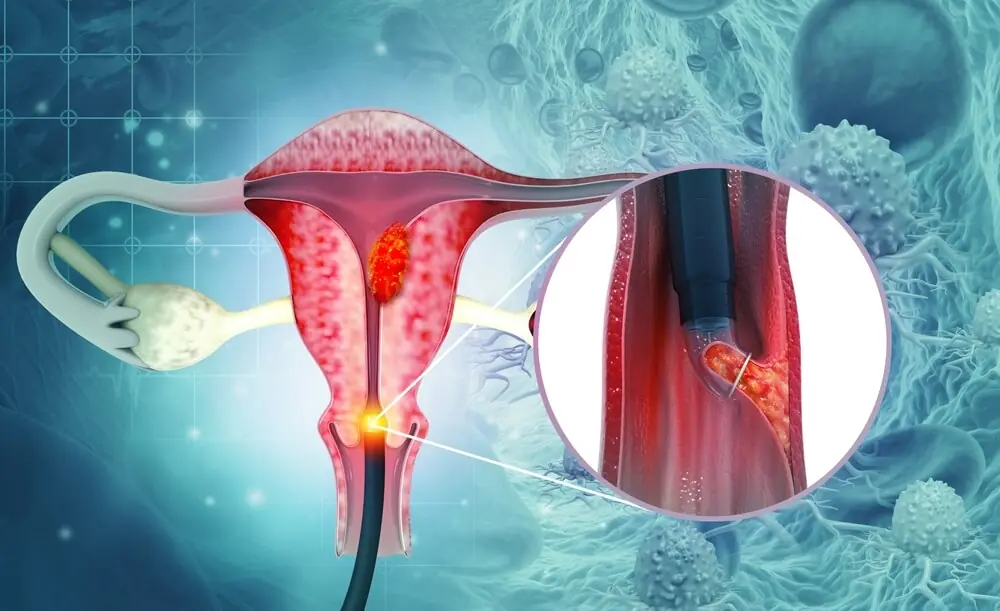
10 Warning Signs of Cervical Cancer You Shouldn’t Ignore

4 Common Causes of Body Pain on the Right Side

7 Early Signs Your Heart May Be in Danger – Don’t Ignore #3!

Discover the Power of Rosemary: Nature’s Potent Pain Reliever & Healing Herb
News Post

Proven Inflammatory Foods to Avoid According to Science

A Quiet Act of Kindness That Restored My Faith in Humanity.

Proven Health Benefits of Matcha Green Tea: Weight Loss, Cancer and More (Evidence Based)

A Boy Named Shayden Just Wanted One Thing: A Friend — Can We Help?

Waking Up with Numb or Tingling Hands: What It Really Means (Science Based)

My MIL Kicked My 6-Year-Old Daughter Out of My Nephew’s 7th Birthday Party – When I Found Out Why, I Had to Teach Her a Lesson

One Day My FIL Snapped, 'Did You Forget Whose House You're Living In?' — I Felt Humiliated and Had to Str!ke Back

Amazon's forgotten $500,000,000 deal that 'killed' Toys 'R' Us in 'cruel' move

The real reason why nobody has ever found human remains inside the Titanic wreckage

My Parents Kicked Me Out for Refusing to Attend Their Dream College — Five Years Later, They Got a Lesson They’ll Never Forget

I Thought My Daughter Was Just Going Through a Phase, but Her Journal Exposed a Truth I Wasn't Ready for – Story of the Day

Scientists Reverse Aging of a 53-Year-Old’s Skin Cells to That of a 23

Thyroid Gland: How to Balance Its Hormones

Gluten Intolerance Warning: Eczema and Other Hidden Signs Revealed

Your Body Is Begging You to Notice These High Blood Sugar Warnings

Research Reveals 12 Powerful Foods to Boost Your Brain, Improve Memory, and Make You Smarter

The Dog Who Never Ran Away Again.

Officer’s Quick Fix Turns Routine Call into a Viral Moment of Kindness.

My son brought a psychiatrist home to have me declared legally incompetent.
